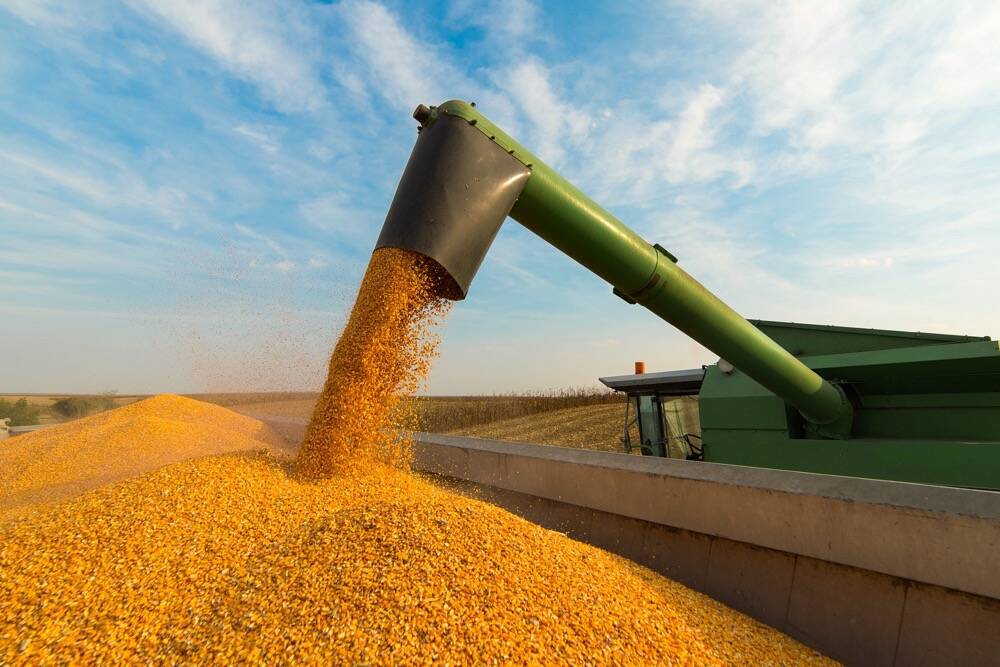Kyiv | Reuters — High grain moisture content and logistical woes caused by Russian attacks have slashed Ukraine’s corn exports from Black Sea ports in November and may do so again in December, farmers’ union UAC said on Tuesday.
WHY IT MATTERS: Ukraine is one of Europe’s leading corn growers and exporters.
This year, harvesting was significantly delayed by rains in most regions, and the harvested corn was saturated and required additional drying.
Read Also

Incoming Canadian Cattle Association CEO embraces winds of change
Andrea Brocklebank, the incoming CEO of the Canadian Cattle Association, is open to revitalizing the organization while maintaining national delivery.
Ukraine expects to harvest at least 30 million metric tons of corn in 2025.
UAC’s weekly report said Ukraine had exported 1.3 million tons of corn so far in November against 2.5 million tons in November 2024.
Traders say they plan to export 1.85 million tons of corn in December versus 2.6 million tons in the same month last year.
“There was a problem harvesting, then there was a problem drying, and now there is a problem transporting the corn to the ports,” UAC said.
The union said that ongoing Russian attacks on Ukrainian railways, locomotives and power substations had led to a shortage of locomotives and significantly lengthened the time it takes to deliver corn to ports.
It said grain delivery times to seaports from central Ukrainian regions had increased several times to up to six weeks.
Ukraine’s economy ministry said on Tuesday the country had exported a total of 3.12 million tons of corn so far for 2025/26 against almost 7 million tons a season earlier.














